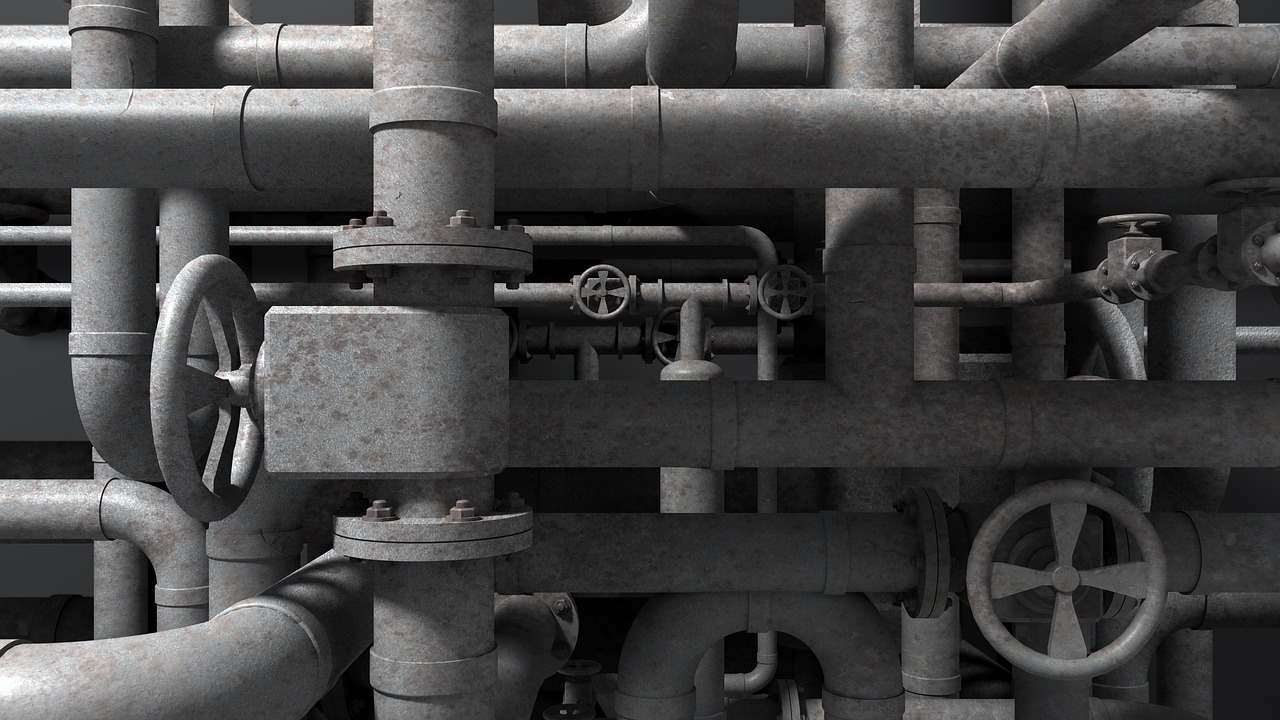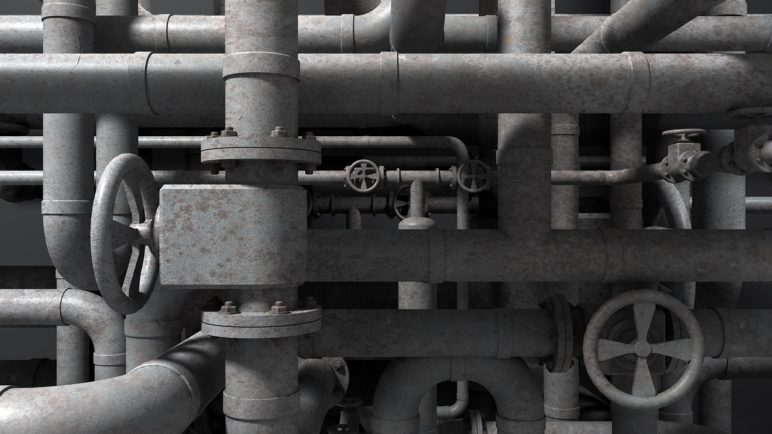Can cities play a role in curbing our use of fracked gas? In the summer of 2019, a handful of cities in California banned developers from adding natural gas installations to new buildings. Soon several more cities, including Seattle, may follow suit. Natural gas, as it turns out, might be even worse for the atmosphere than other fossil fuels like coal and oil, according to experts who study methane leakage along the gas supply chain, from fracking wells to pipelines to end-uses. The bans can prevent worsening one aspect of our entanglement with fossil fuels—burning gas in our buildings. But they do not solve the larger, related problem: we rely on a spiderweb of existing gas infrastructure that ensnares our cities and towns in the gas industry’s clutches, tethering our most benign activities like cooking dinner or taking a shower to distant fracking fields and the many injustices that come with them.
Several rigorous studies of decarbonization show that if the Northwest is to live up to its climate commitments the region’s cities must set an example by phasing out and eventually eliminating gas in both residences and businesses.
One strategy: local governments could modify franchise agreements, which are contracts that govern how private utilities can build and operate their infrastructure in public rights-of-way. These franchise agreements outline rules, rights, and fees associated with the entities using public property for a private reason—and it may be possible to amend them to slow the flow of fossil fuels into our cities.
Most gas utilities in the Northwest are privately owned and operated. Privately owned utilities—like Puget Sound Energy, Cascade Natural Gas, Avista, and NW Natural—are subject to a range of state environmental and consumer regulations. But in many ways, they still act as an arm of the broader gas industry, sometimes playing hardball politics to continue selling fossil fuels. As influential as they may be, they’re still somewhat at the mercy of local governments.
Increasing the costs associated with installing natural gas infrastructure is one mechanism that local governments can use to control utilities. In Washington, state law prohibits cities and towns from levying a franchise fee for use of the public right-of-way, but the law still allows cities and towns to collect a utility sales tax of up to 6 percent. Most collect the full amount in addition to recovering administrative costs associated with the franchise.
Increasing the legally permitted fees and taxes likely isn’t an avenue to raise the cost of natural gas infrastructure enough to slow down the industry’s expansion plans, but there are other components of franchise agreements that could. Franchise agreements contain multiple right-of-way conditions and requirements for working on, permitting and restoring a site upon completion of a project. As these franchise agreements expire and get renegotiated every few years, local governments can introduce new terms.
Here are three possible avenues for cities:
- Cities could strengthen “restoration” requirements of a franchise agreement so that utilities must repair streets and sidewalks to higher standards than the rough patch-jobs they can currently get away with. Such a requirement would drive up the costs of installing new gas infrastructure and also serve as a boon to drivers, cyclists, and pedestrians.
- Cities could augment restoration requirements to include paying for damage that gas inflicts on the environment. Even if cities in Washington cannot collect fees from their assessments of environmental damage, they may be able to require gas utilities to buy carbon offsets or fund some form of carbon sequestration or mitigation.
- Cities could even require utilities to remove their infrastructure after the multi-year agreements expire. Without access to the public right-of-way, utilities would be forced to obtain easements on private land to site their infrastructure, probably at much greater expense.
Finally, state lawmakers can give local governments more power over gas utilities. Simply changing the law so that cities and counties can levy franchise fees would create a valuable tool in the fight against fossil fuels. It could also provide a much-needed source of revenue for cash-strapped communities.
In forthcoming articles, we will take a closer look at the opportunities for key local governments in Washington to use franchise agreements, and we will explore some novel strategies already in development in Oregon.
Laura Feinstein volunteers with Sightline researching energy policy. She spent 11 years in the utility industry, working in energy conservation and engineering.
Eric de Place is Sightline’s Director of Thin Green Line. He is a leading expert on coal, oil, and gas export plans in the Pacific Northwest, particularly on fossil fuel transport issues, including carbon emissions, local pollution, transportation system impacts, rail policy, and economics. For questions or media inquiries about Eric’s work, contact Sightline Communications Manager Anne Christnovich.











RDPence
Well the first result of increasing fees and taxes and other costs on the gas industry would be to drive up monthly gas bills paid by homeowners and commercial users. Yes, over time this would “encourage” more users to switch to cheaper alternatives, presuming they are available (does switching to electric heating actually lower monthly heating bills?). I’d be more impressed with strategies that didn’t hit consumers first and arguably hardest.